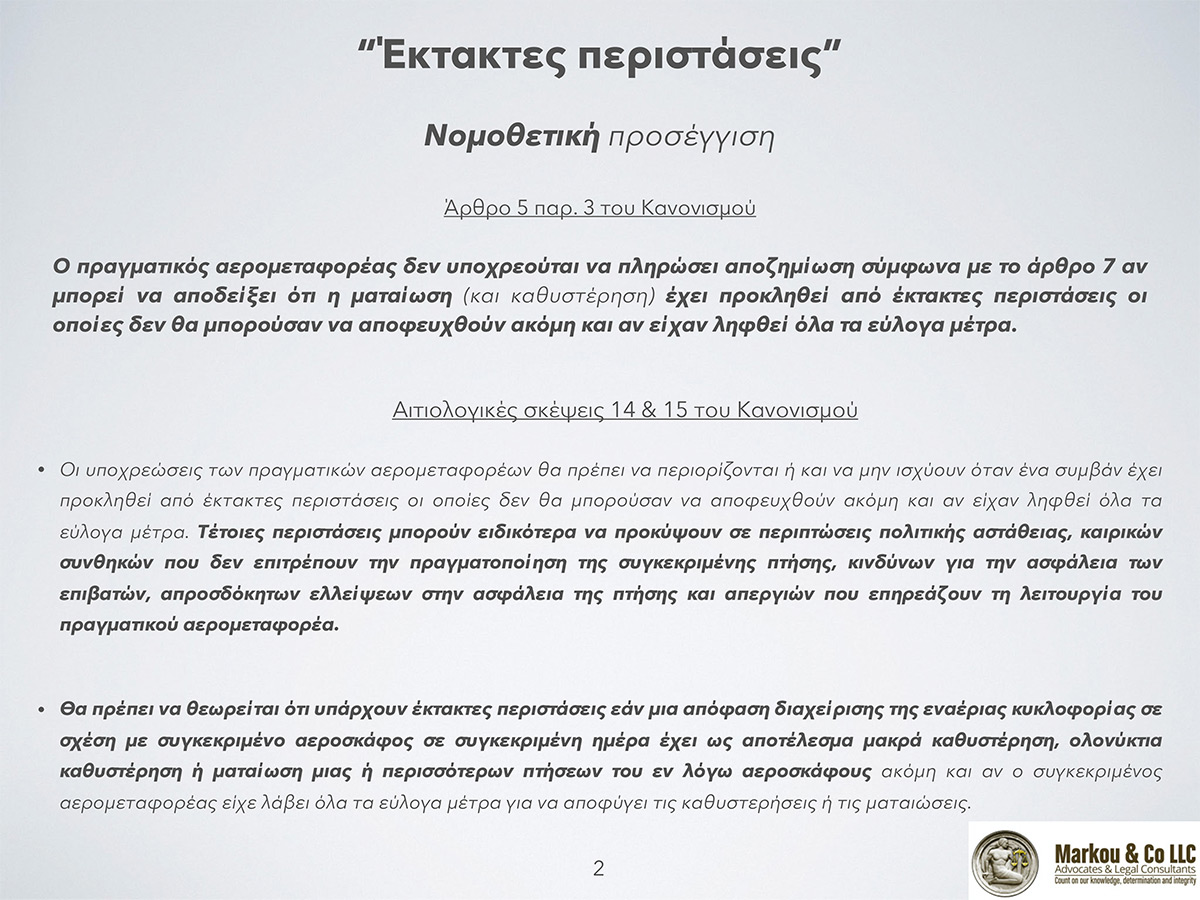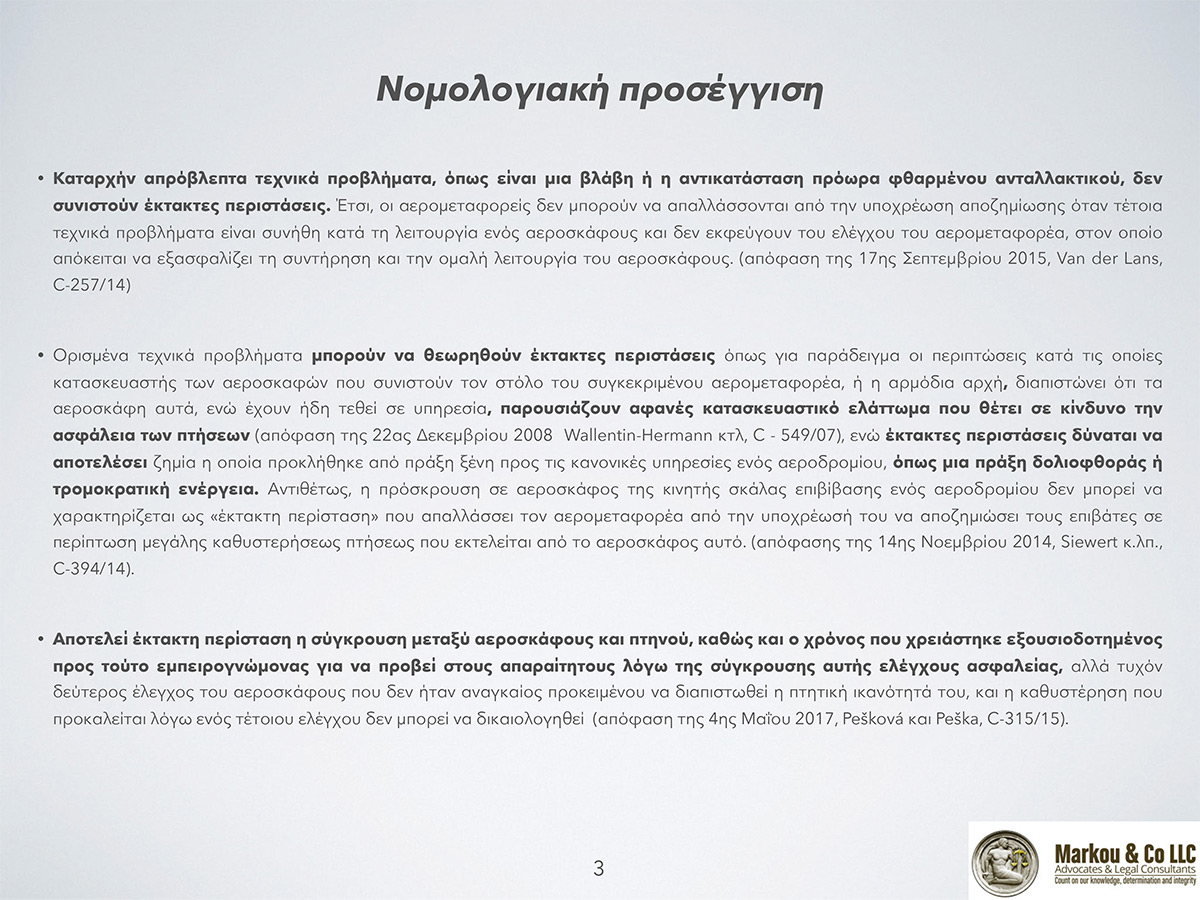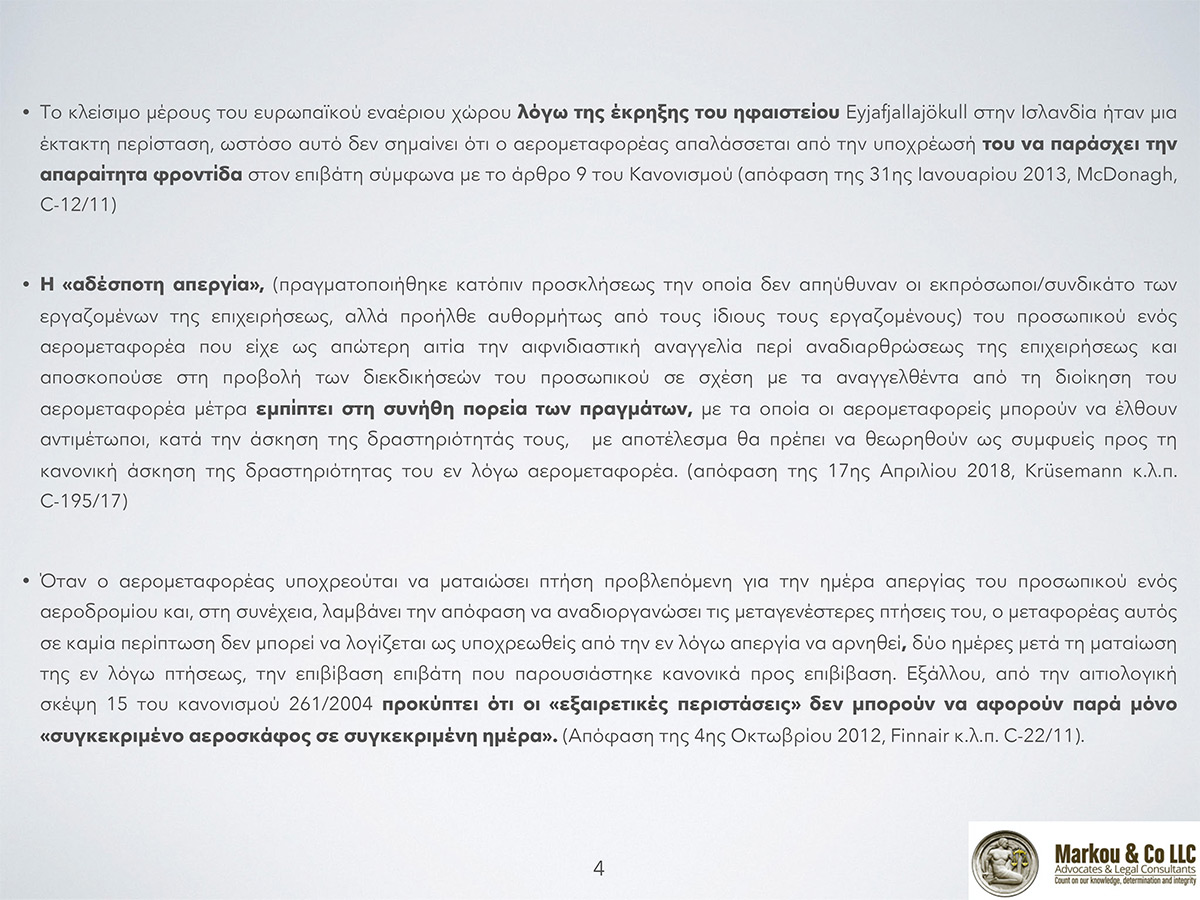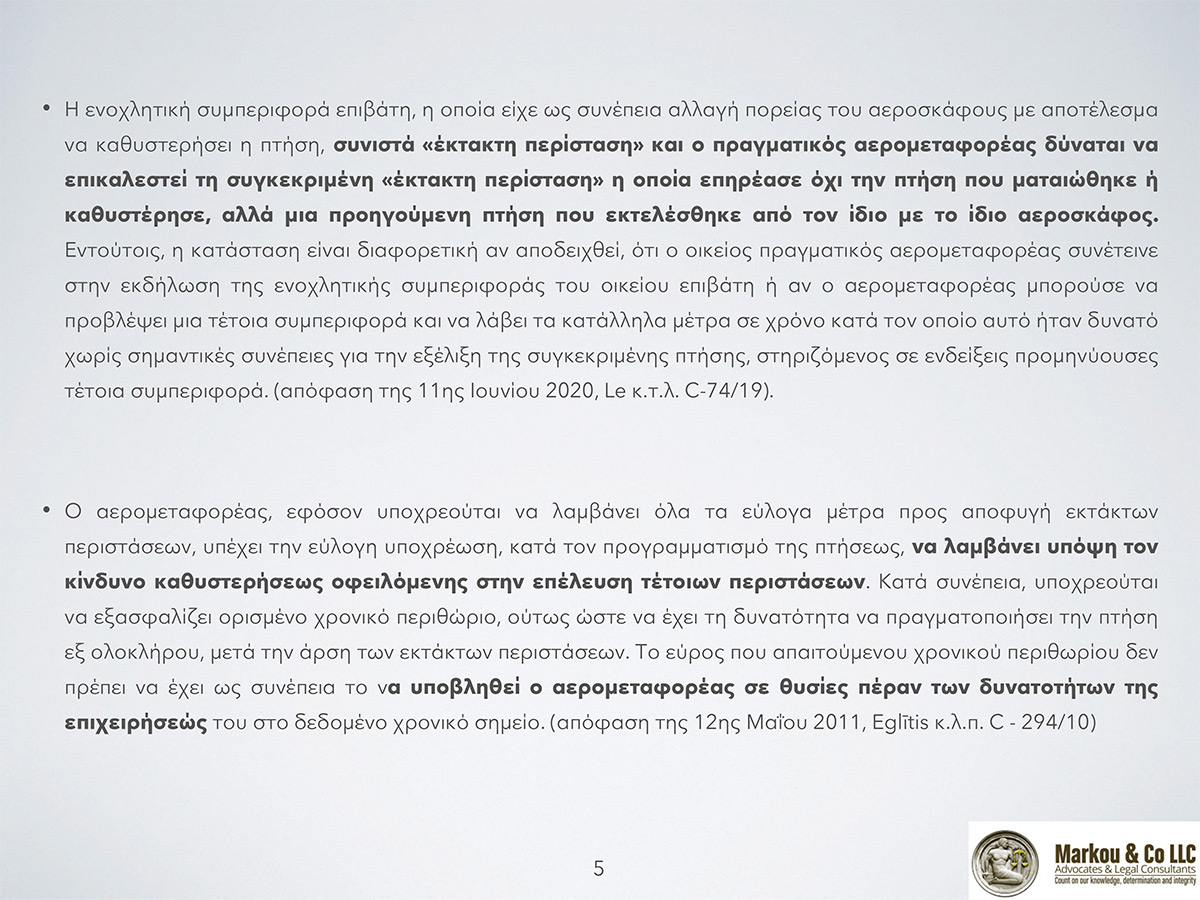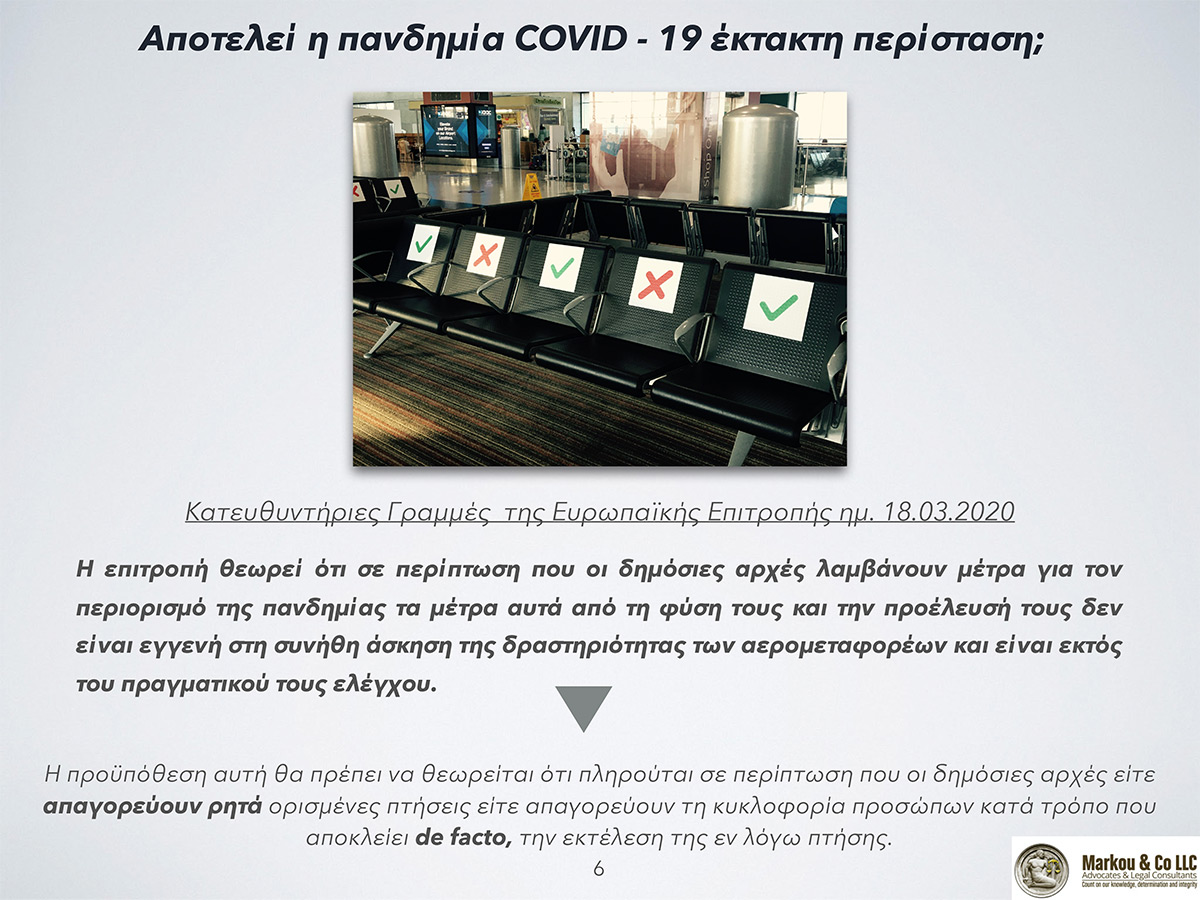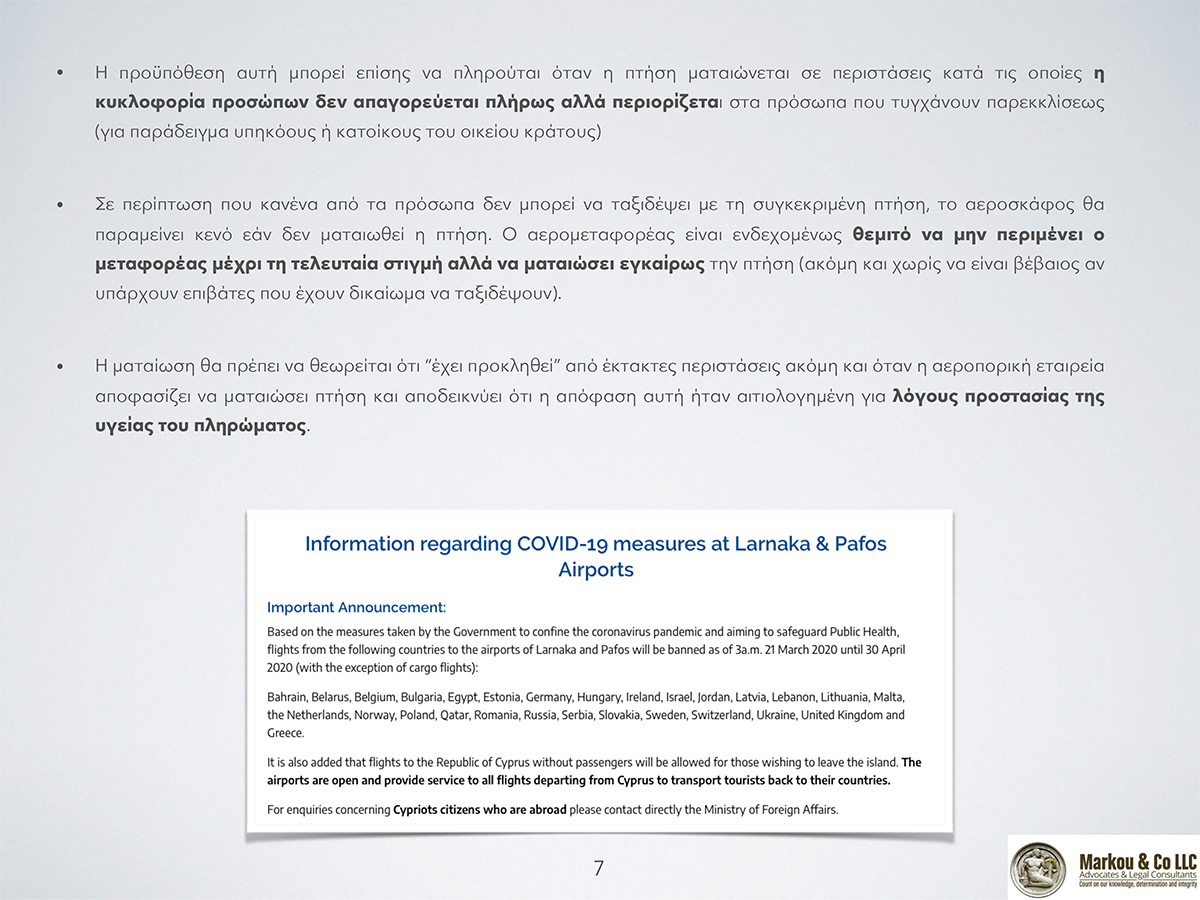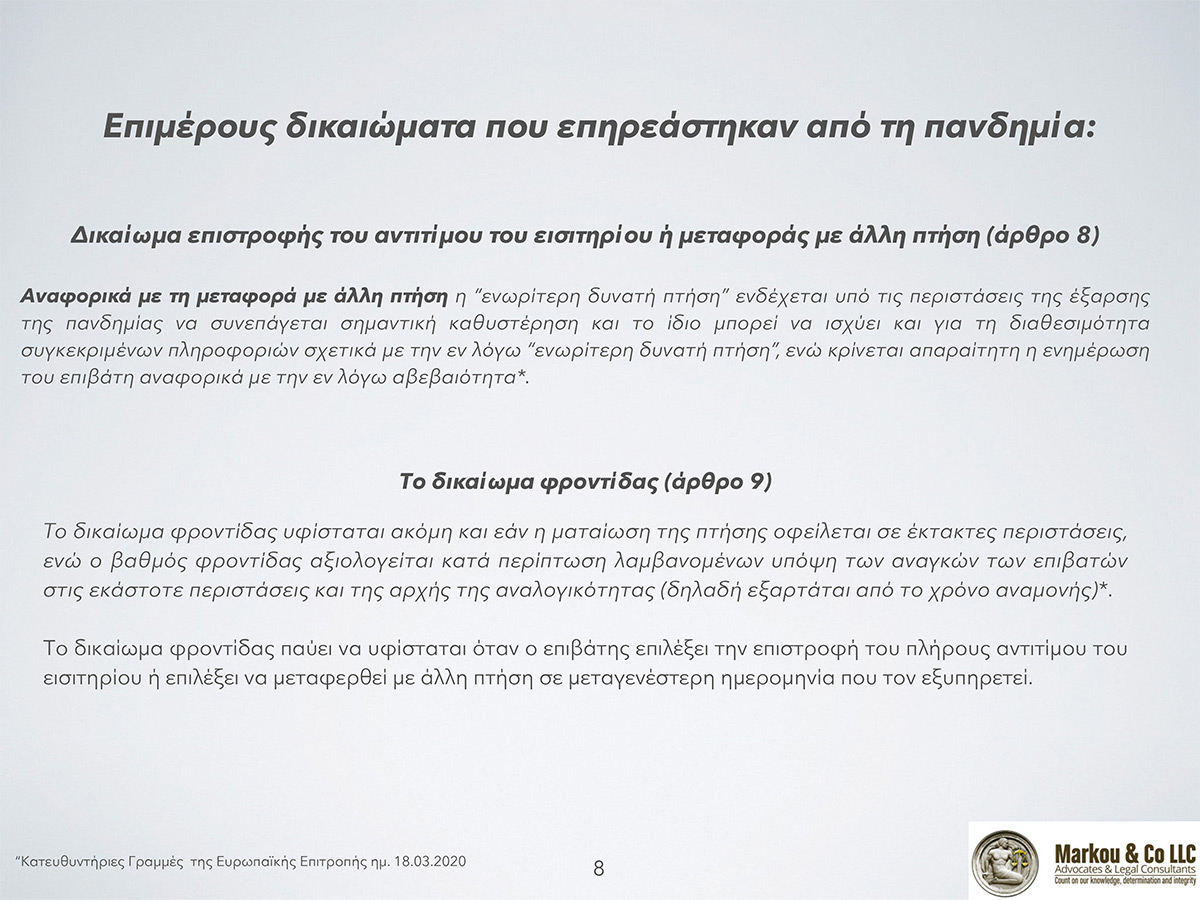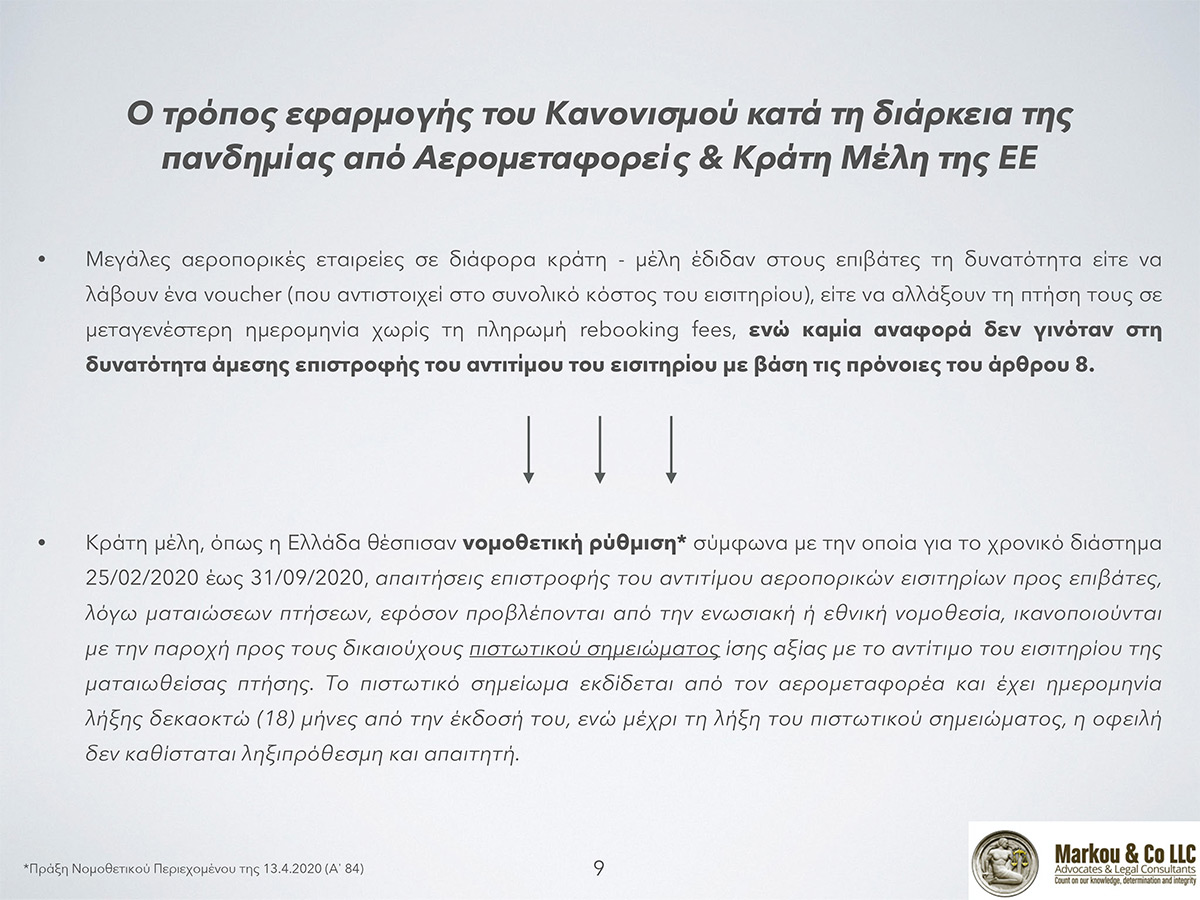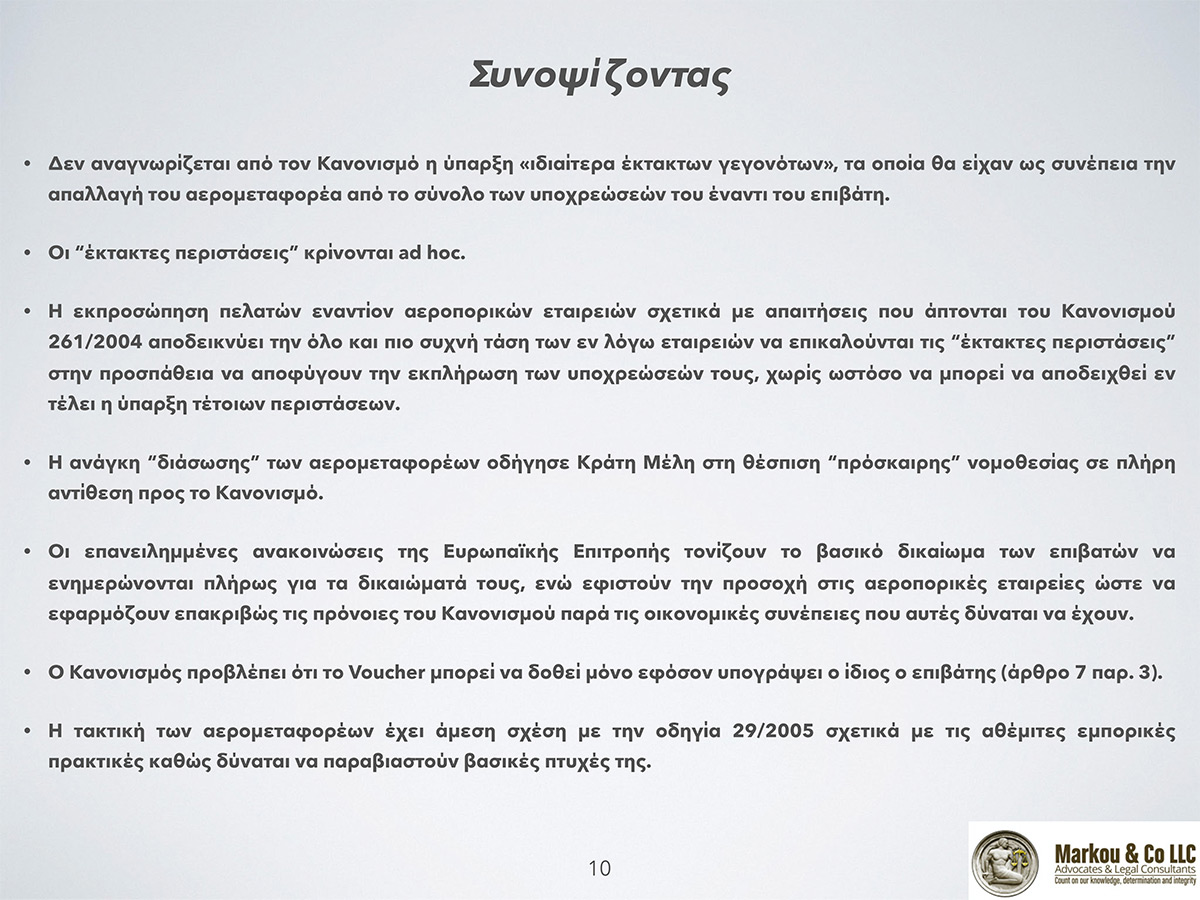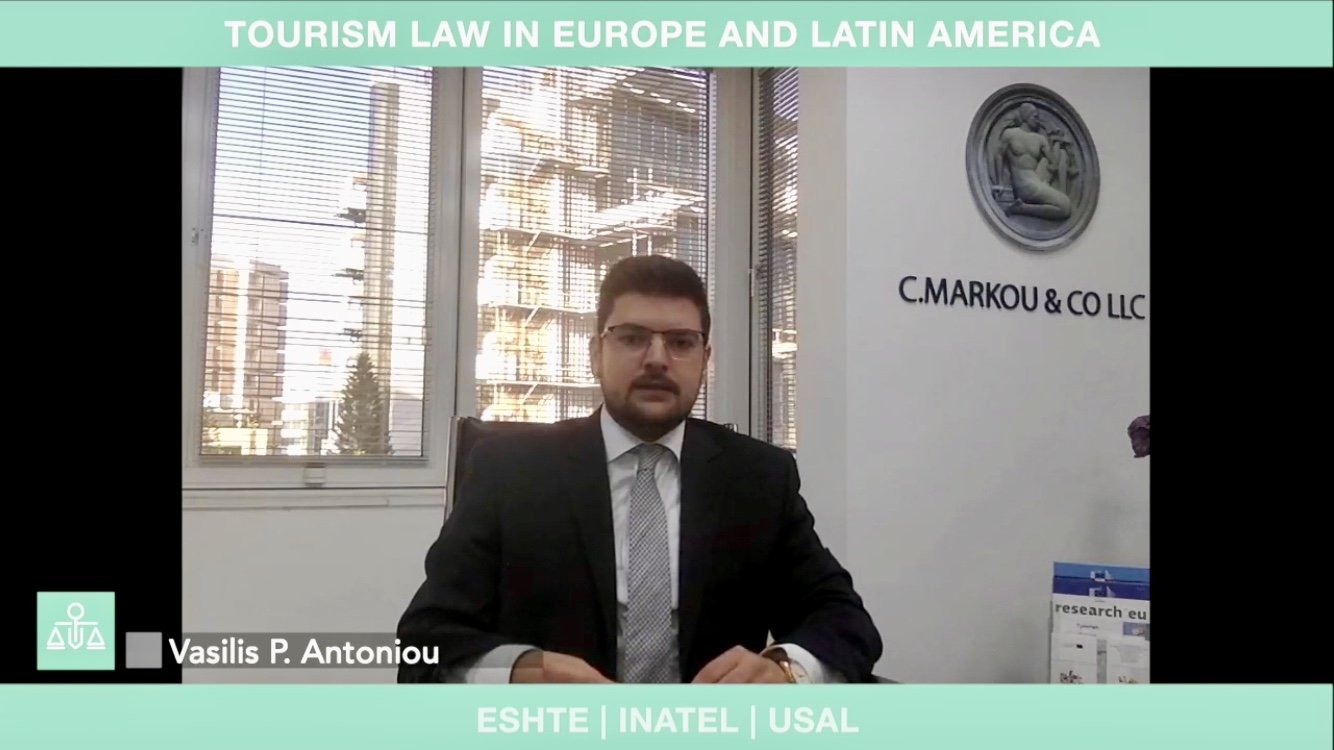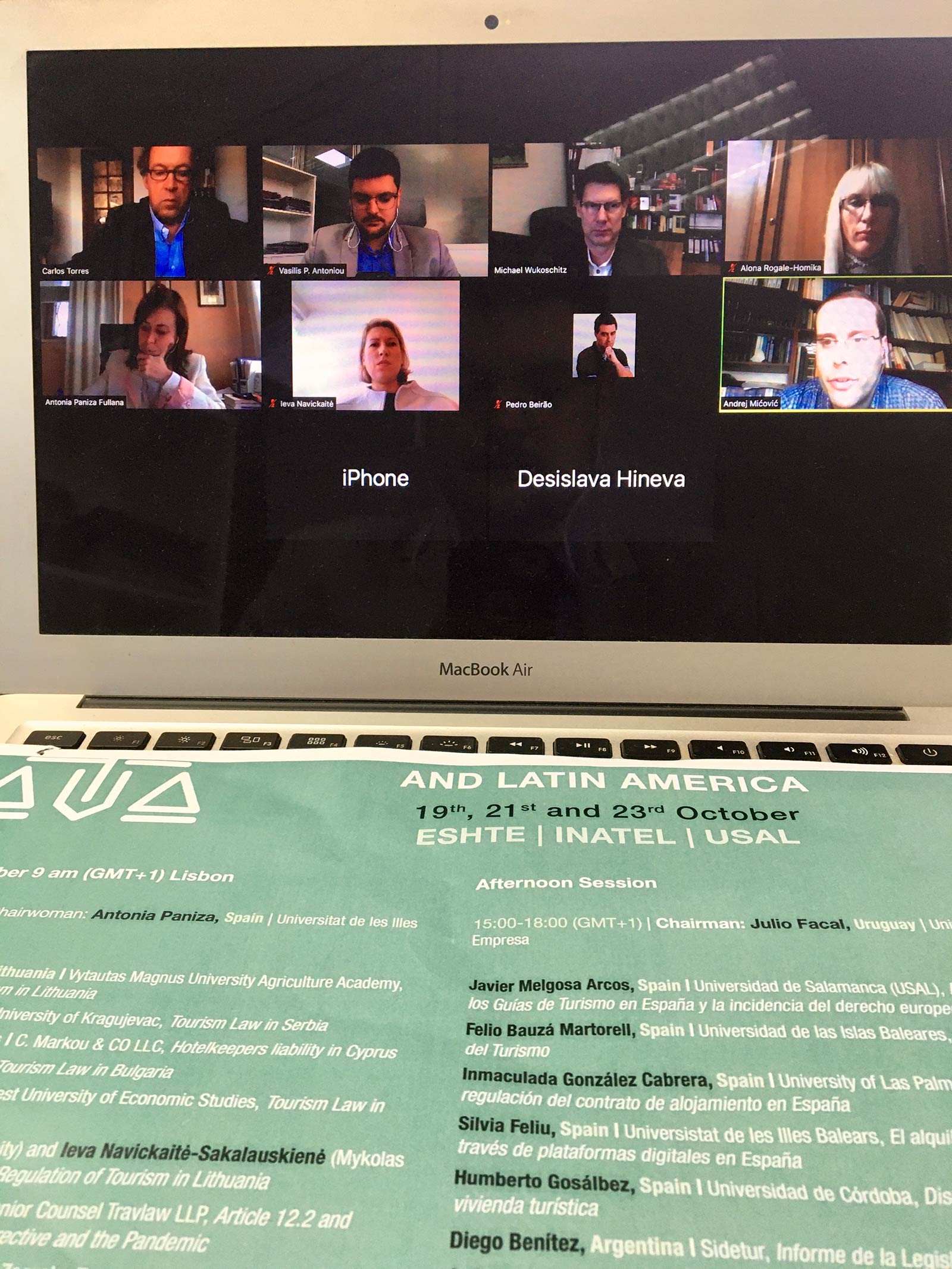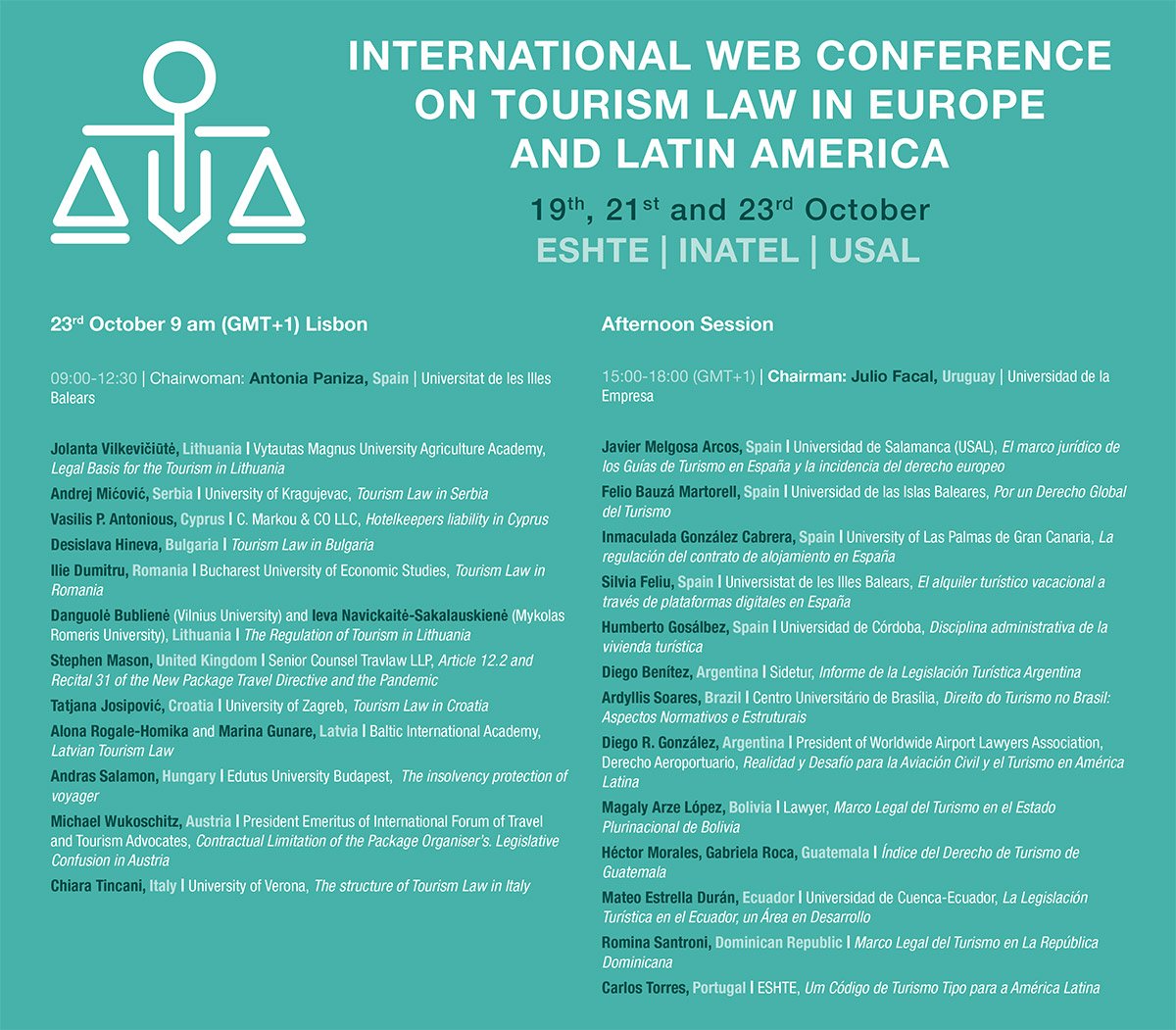Announcement for the EU Observatory on the Online Platform Economy
We proudly announce that the lawyer of our office, Christiana Markou, has been appointed by the European Commission to be one of the fifteen members of the Expert group to the EU Observatory on the Online Platform Economy which supports the Commission in monitoring the evolution of the online platform economy for evidence-based and problem-focused policymaking. The Expert group has several tasks:
- advise the Commission on the main trends of the online platform economy.
- analyse potentially harmful practices within the online platform economy, including:
- issues related to algorithmic decision-making and ranking, including the question of transparency;
- access to, and use of, different categories data, including personal data;
- issues related to remuneration for material displayed online, in particular in relation to search results;
- transparency and accountability in business-to-business commercial relations in online advertising;
- differentiated treatment when business users on platforms compete with products offered by the platform;
- restrictions on business users by platforms for offering different conditions when using other distribution channels;
- possible impacts of these potentially harmful practices on consumers;
3.assist the Commission in the preparation of its annual work programme regarding these issues;
4. analyse the evolution of policy measures related to the online platform economy in the Member States, the Union or in third countries;
5. communicate with other relevant experts or centres of excellence upon the request and supervision of the Commission.
You can see more about the Expert group at:
https://ec.europa.eu/digital-




